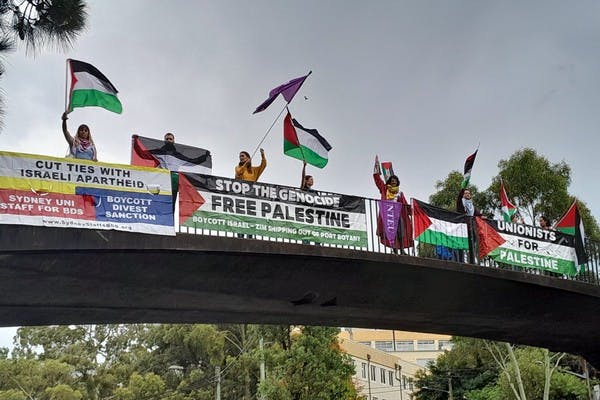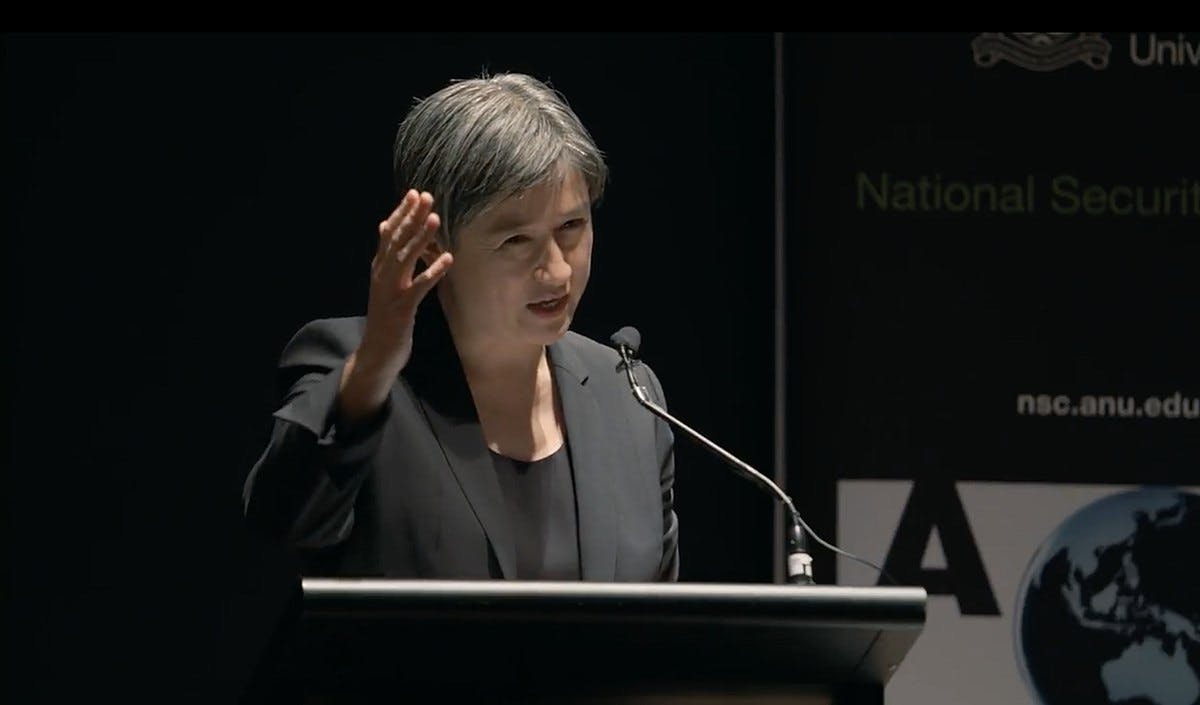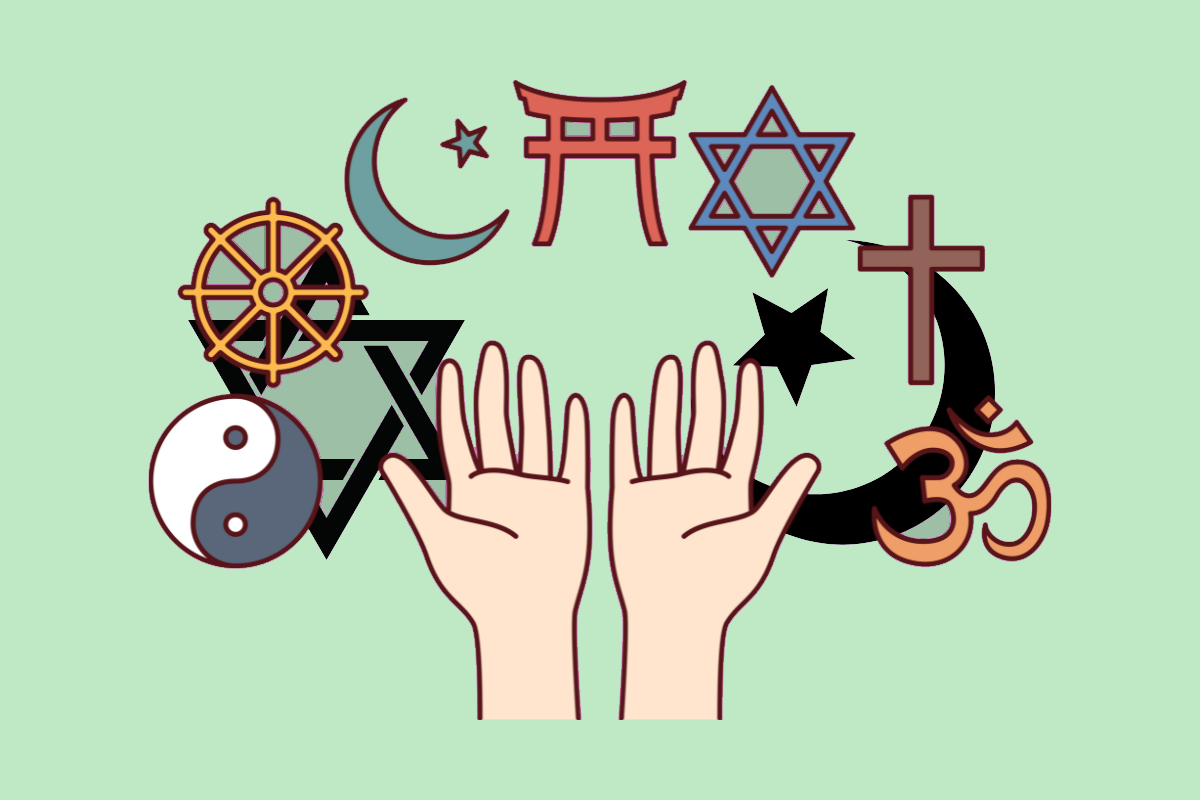Published: 22 November 2022
Last updated: 19 March 2024
In an exclusive interview with The Jewish Independent Editor-in-Chief DEBORAH STONE, the Minister for Foreign Affairs explained the Australian Government’s policies in the region.
Australia’s position as a friend of Israel will not be affected by the inclusion of far-Right parties in the new coalition government, Minister for Foreign Affairs Penny Wong told The Jewish Independent in a wide-ranging interview on the Labor Government’s policies in the Middle East.
Senator Wong said Australia would deal with whatever ministers were appointed “as appropriate”. She declined to comment on the inclusion of far-Right parties in the coalition or the likely appointments of controversial ultranationalists Itamar Ben-Gvir and Bezalel Smotrich to ministerial positions.
Senator Wong said the Government’s policy on Israel was based on the guiding principle of advancing the cause of a just and enduring peace negotiated between Israelis and Palestinians.
But she expressed concerns that even in Australia, debate between supporters of both sides was so polarised it was difficult to have reasonable discussion.
"I think there are legitimate concerns about the conduct of all parties in this conflict."
Minister for Foreign Affairs Penny Wong
“One of my frustrations and sadnesses is that this issue is so vexed for so many people that we don’t even have a dialogue in Australia between supporters of both halves. I often think on the one hand we call for peace in the Middle East and negotiations within the parties, but we seem to not even be able to have reasonable [discussion] in the content and style here in Australia.
“What people say and how people feel and what they wish to do is obviously a choice for them. [But] my observation would be that in any process of seeking peace, at some point one has to move out of the binary - which is that one side has a monopoly on virtue and a monopoly on what is right, on truth - and recognise that there are different experiences, that there is legitimacy and suffering on both sides.
“That perspective has been, if you look at history, a prerequisite for moving from conflict to peace – and it’s not a philosophical frame that I think has been adopted by many here in Australia.”
Australia’s votes at the UN have changed under the new Government. On votes this month in support of aid to Palestinians, Palestinian refugees’ property rights and condemning settlements, Australia has moved from abstentions under the Morrison government to “yes” votes under the Albanese Government.
But on the question of the legality of Israel’s occupation of the West Bank and East Jerusalem, Australia voted in Israel’s favour, voting not to refer the resolution to the International Court of Justice in a resolution before the Special Political and Decolonisation Committee (known as the Fourth Committee) on November 11.
“I think there are legitimate concerns about the conduct of all parties in this conflict but the resolution itself we regarded as one-sided, so we retained a ‘no’ vote,” Senator Wong said,
"We know that [the Iran Nuclear Deal] has limitations but it remains the best available option to ensure Iran never develops a nuclear weapon."
Minister for Foreign Affairs Penny Wong
She said settlements were “unhelpful”, but the Government did not have a position on whether the occupation was legal.
“We understand there are different views on this issue. The Government believes questions around territory are final status issues that need to be resolved in negotiations between the two parties. The most important thing is for the two parties to return to negotiations to reach a just and enduring peace.”
The Albanese Government’s most controversial decision on Middle East matters has been the removal of the Morrison’s government’s recognition of West Jerusalem as the capital of Israel. Senator Wong said the decision was consistent with Australia’s position for decades.
“We reaffirmed a longstanding bipartisan position that Jerusalem was a final status issue to be resolved at any peace negotiations. That was the position that was held by Mr Fraser, John Howard, Bob Hawke and Malcolm Turnbull. We thought it was consistent with the principle [advancing the cause of a just and enduring peace negotiated between the parties] so we thought it was important to do that.”
But she again said she regretted the way the matter was handled.
The Labor Government has increased aid to Palestinians. In addition to voting in favour of the recent UN resolution in support of the United Nations Relief and Works Agency for Palestine Refugees in the Near East (UNWRA), the Albanese Government returned contributions, which had been cut by half by the Morrison government, to previous levels.
Senator Wong said there was a clear need for aid to Palestinians but also for enhanced internal governance and oversight mechanisms at UNWRA.
“I see this more as a sensible, pragmatic, centrist rebalancing of our voting position consistent with the principle outlined,” she said.
Senator Wong said she would be very open to supporting people-to-people peacebuilding efforts. She said she is familiar with Project Rozana, which supports joint Israeli and Palestinian health programs, and is interested in supporting projects of that kind.
“If there are opportunities to contribute to people-to-people links, to people-to-people dialogue in the way that, as you reference, occurred in Northern Ireland, absolutely I would be very open to looking at that.”
Senator Wong expressed the Government’s support for the Iran nuclear deal, the Joint Comprehensive Plan of Action (JCPOA). The plan has been rejected by successive Israeli governments and the US withdrew from it under the Trump administration, but Senator Wong said it remains the best option available.
“Although not a participant, Australia supports the JCPOA’s non-proliferation aim of ensuring Iran’s nuclear program remains exclusively peaceful. We know that the JCPOA has limitations but it remains the best available option to ensure Iran never develops a nuclear weapon.
“It is vital that a diplomatic solution is found that sees all parties return to the JCPOA.”
Photo: Penny Wong (Lukas Coch/AAP)




